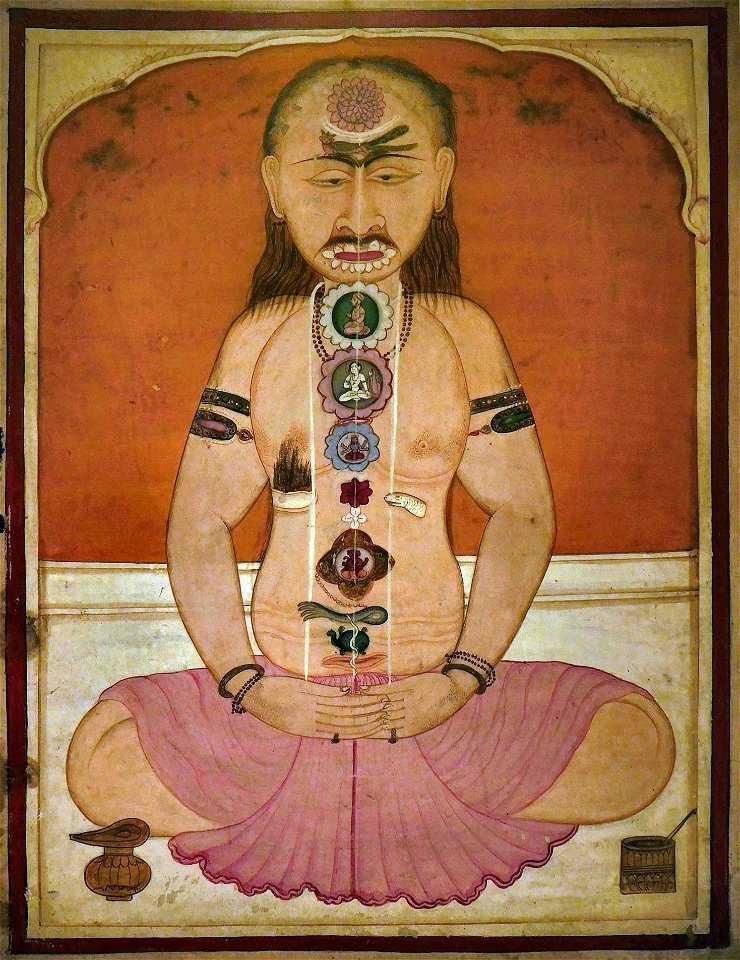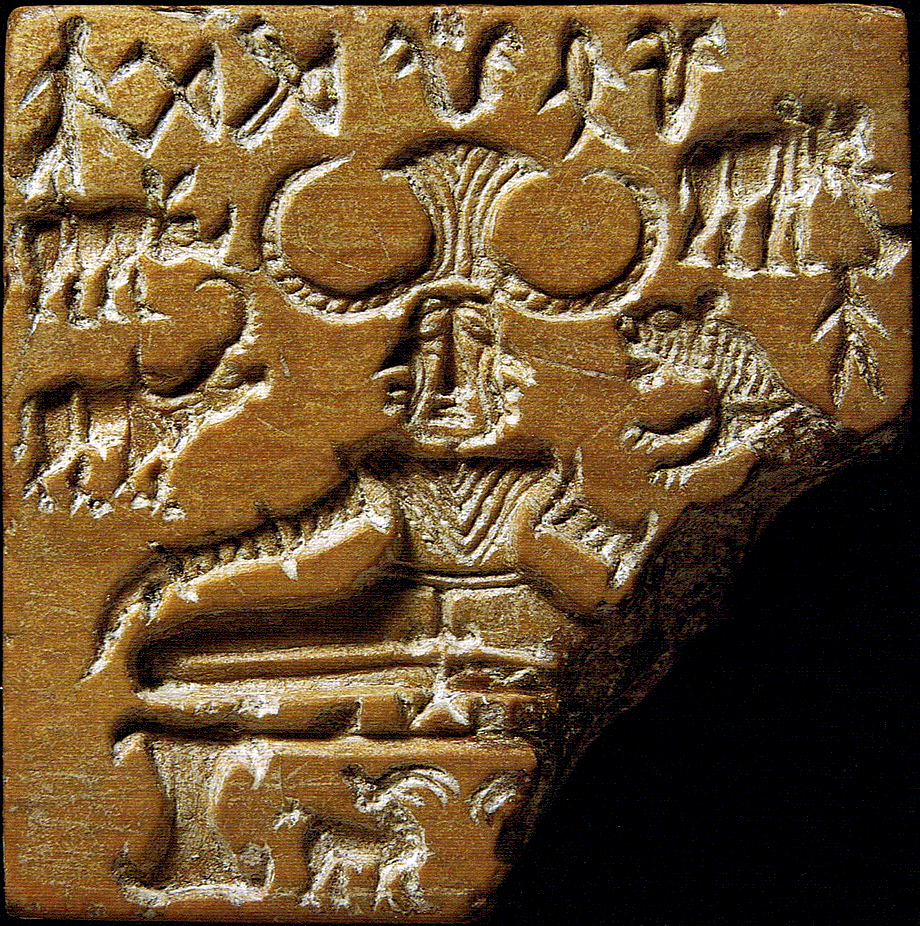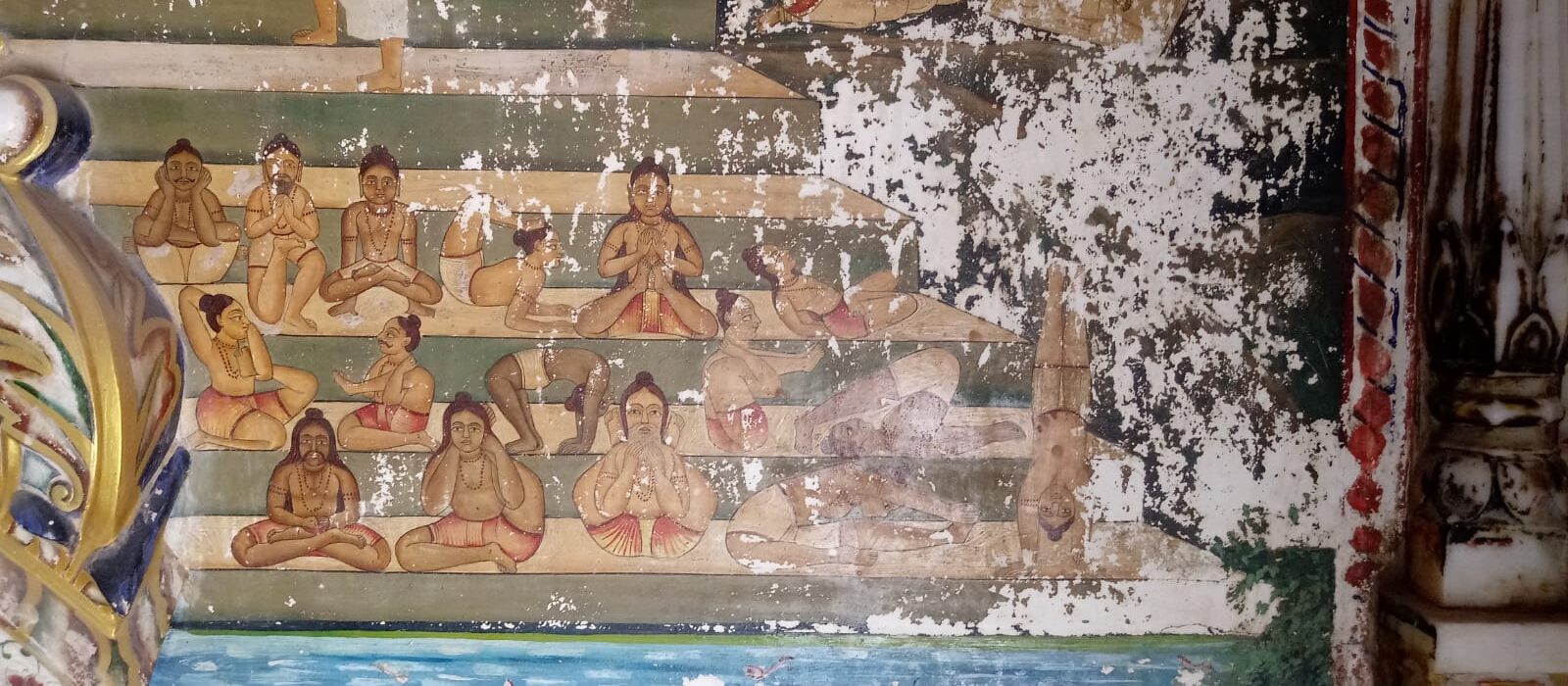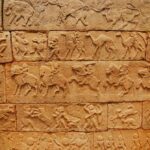Celebrating Yoga Day 2023: Embracing Bharat’s Timeless Gift to the World
- Vijay Iyer
- June 21, 2023
- 0 Comment
As we mark Yoga Day 2023, we honor yoga, a practice with its roots in ancient Bharat (India). This discipline, transcending time and boundaries, offers a holistic approach to physical, mental, and spiritual well-being. Born from Bharatiya culture and philosophy, yoga’s global impact resonates with millions seeking harmony and self-realization. This article delves into the profound legacy of yoga and Bharat’s remarkable contribution, celebrating its historical development, philosophical underpinnings, and its significant impact on humanity.

Throughout human history, mankind has embarked on a timeless quest for enduring happiness and inner peace. Despite remarkable scientific advancements, the search for true contentment remains elusive for many. However, centuries ago, the ancient sage Patanjali bestowed upon the world a profound solution to this universal pursuit: the practice of yoga. Rooted in the spiritual traditions of Bharat (India), yoga offers a comprehensive framework to achieve inner tranquility and self-realization. This narrative explores Bharat’s significant contributions to the world through the timeless wisdom of yoga.
Unveiling Patanjali’s Yoga Sutras: The Eight-Limbed Path to Self-Realization
Patanjali’s Yoga Sutras are revered as a beacon, providing a roadmap to peel away the layers that shroud our true selves. They highlight the techniques needed for self-discovery and spiritual growth. The eight limbs of yoga encompass a variety of principles including restraint, discipline, posture, breath control, withdrawal, concentration, meditation, and ultimately, samadhi—the state of profound bliss and oneness. Patanjali acknowledged that liberation and abiding in one’s authentic self could be attained by calming the mind’s fluctuations.
Yoga and Sankhya: The Ancient Philosophy of Dualism
The lineage of yoga can be traced back to ancient times, with Sage Kapil being one of its earliest practitioners and achievers. Even the remnants of the Indus Valley Civilization provide evidence of early yogic practices, showcasing its ancient roots. However, the philosophy of yoga finds its closest affiliation with Sankhya, the oldest Indian philosophy. Sankhya delves into the intricate relationship between the elements of nature and the conscious entity entangled within them, seeking to disentangle the self. This union of accurate knowledge (Sankhya) complemented by practical application (yoga) provides the basis for yoga philosophy.
The Spiritual Essence of Yoga: Prakriti and the Three Gunas
Bharat’s profound spiritual heritage significantly influenced the philosophy and practice of yoga. Prakriti, the primordial state of existence representing the three fundamental units of nature—Sattva (illumination), Rajas (activity), and Tamas (inertia)—underlies the concept of yoga. The Sankhya philosophy acknowledges Prakriti as the sole creator and manifestor of the universe, symbolizing its dynamic and creative nature. This unique perspective contributes to the deep spiritual essence of yoga.
Yoga and the Early Civilizations: Tracing Roots to Harappa and Vedic Culture
The roots of yoga, Sankhya, and even Tantra are traced back to the rituals, principles, and fabric of the ancient matriarchal societies. The Harappan people, known for their peace-loving nature, self-discipline, and cleanliness, adopted yoga as a lifestyle, infusing principles of non-violence and discipline into their everyday existence. The contribution of the Harappa civilization to urban planning, hygiene, and peaceful coexistence intertwines closely with the principles of yoga.

The Vedic literature, including the Rigveda, bears many similarities between Harappan and Vedic cultures, illustrating the early integration of yoga into Bharatiya spirituality. As the Vedic texts include references to asanas, meditation practices, and philosophical concepts, they serve as evidence of yoga’s historical and spiritual significance in ancient Bharat.
The Evolution of Yoga: Influences of Buddhism and Jainism
The advent of Buddhism played a substantial role in the development of yoga. Gautama Buddha’s enlightenment, achieved through intense meditation and penance, left an indelible mark on the evolution of yoga, inspiring seekers to delve deeper into their inner realms. Emperor Ashoka’s propagation of Buddhism and its principles of compassion and non-violence mirrors the fundamental ethos of yoga. Additionally, Jainism’s influence further enriched the growth of yoga.
Yoga Sutras of Patanjali: Transcending Boundaries
Patanjali’s Yoga Sutras, a timeless treatise on yoga philosophy and practice, symbolizes Bharat’s enduring contribution to the world. These sutras transcend religious and sectarian boundaries, providing guidance to seekers on their personal journeys of self-discovery. Influenced by Jainism and Buddhism, the sutras encompass ethical principles, meditation practices, and a comprehensive understanding of the human mind, inspiring countless individuals worldwide.
Bharat’s Yogic Traditions: Energy Dynamics and Artistry
The concept of kundalini, a dormant primordial power within the human body, and prana, the life force energy, are integral to Bharatiya yogic traditions. The understanding of these energy dynamics and the awakening of higher states of consciousness through yoga sets Bharat apart as a spiritual guide. Additionally, Bharat’s ancient art of sculpture, deeply intertwined with meditation and spirituality, contributed to the yoga tradition.
The Advent of Hatha Yoga: Physical Purification and Health
Yoga’s transformative power found an outlet in the teachings of figures like Matsyendranath and Gorakhnath, pioneers in the development of Hatha Yoga. Focusing on physical purification and health, Hatha Yoga emphasizes the physical aspect of the yoga practice. The Hatha Yoga Pradipika, an elaborate text from the 14th-century, details various techniques to balance the body’s energies and promises a path towards eternal life.
Yoga Day 2023
As we celebrate Yoga Day 2023, it’s important to honor Bharat’s remarkable contribution to the world through yoga. By integrating yoga into our lives, we foster unity, compassion, and holistic well-being, awakening the dormant potential within ourselves, and embarking on a transformative journey towards self-realization and interconnectedness with all of existence.
Read More: Lord Jagannath Rath Yatra 2023 : A Divine Journey








